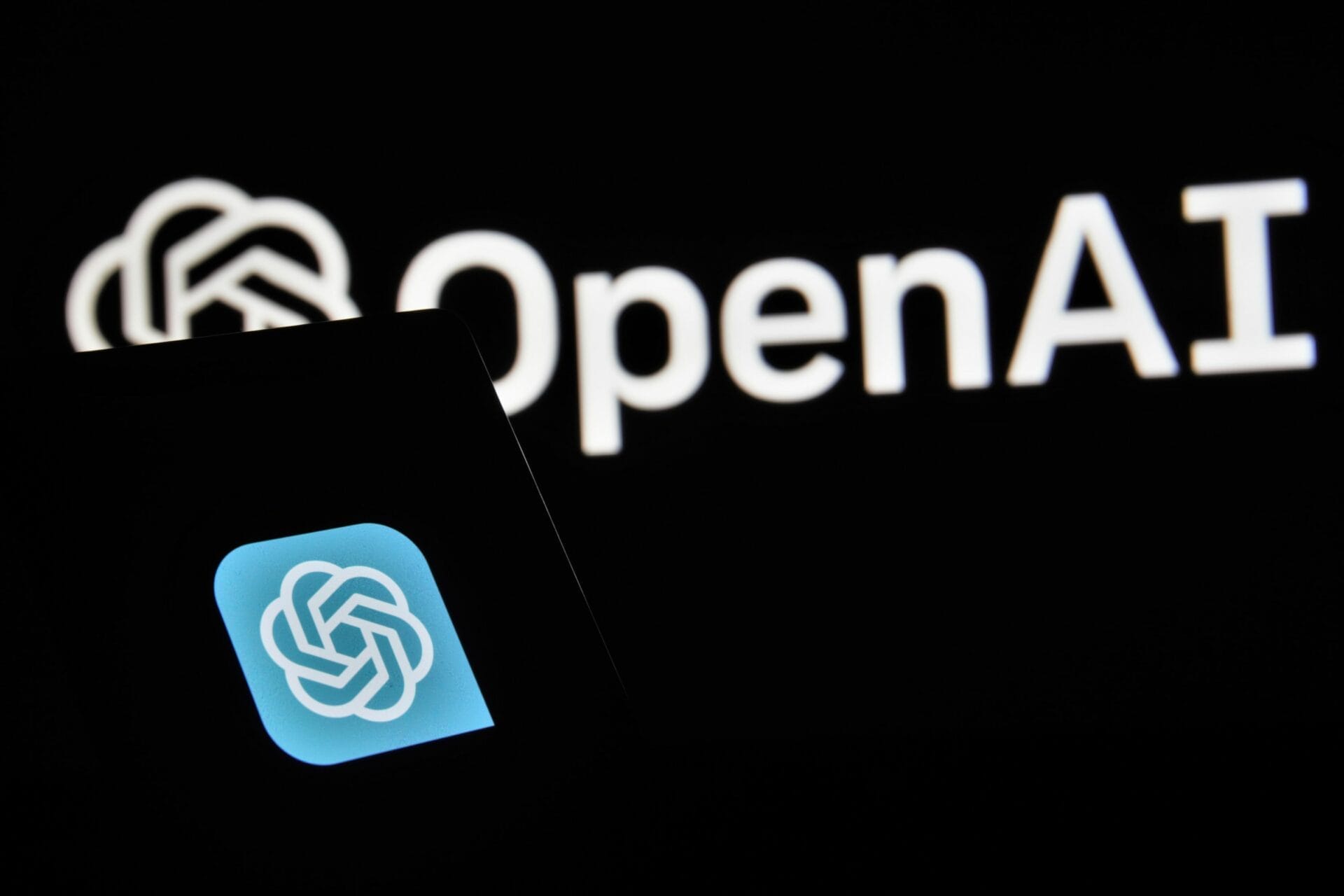In the dynamic panorama of AI, staying abreast of traits proves hard. Until AI autonomously undertakes this venture, a concise review of new gadget gaining knowledge of memories, research, and unfeatured experiments is supplied.
This week witnessed a landmark collaboration between OpenAI and Arizona State University (ASU), marking OpenAI’s preliminary foray into better schooling partnerships. The alliance involves deploying ChatGPT, OpenAI’s AI chatbot, to ASU’s researchers, staff, and college. An upcoming open assignment in February invitations college and workforce to advocate revolutionary programs for ChatGPT inside the college.
The OpenAI-ASU collaboration displays the evolving attitudes towards AI in education, grappling with rapid technological improvements outpacing curriculum version. Last summer season saw a surge in colleges and faculties banning ChatGPT due to worries approximately plagiarism and misinformation. Subsequently, some establishments reversed their bans, opting to arrange workshops at the ability of GenAI tools for studying.
Debates surrounding GenAI’s function in education persist, acknowledging its drawbacks such as bias and incorrect information. Despite those issues, proponents argue for its capability positive programs, specifically in helping students with homework demanding situations, providing step-by using-step reasons for math troubles, producing essay outlines, or quickly presenting answers to queries.
Concerns about capacity cheating, in university assignments, exist. While similar problems have long existed with paid essay-writing services, the accessibility of ChatGPT lowers the barrier for such practices, consistent with a few educators.
Amidst discussions on cheating issues, a broader attention emerges: the incentive structure in schooling regularly prioritizes grades over genuine expertise, probably main students to view assignments as checkboxes rather than studying possibilities. Advocates endorse embracing GenAI in education, allowing educators to experiment with innovative tactics that might interact college students and foster exhilaration for previously unexplored subjects. Despite reservations, GenAI may want to function as a catalyst for reimagining lesson plans and sparking student hobby in mastering.
Disclaimer
NextNews strives for accurate tech news, but use it with caution - content changes often, external links may be iffy, and technical glitches happen. See full disclaimer for details.
